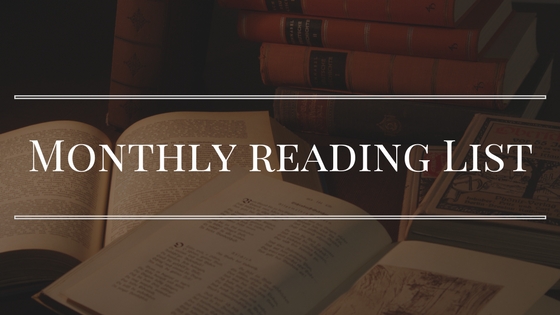“Disability Awareness.” For some it’s a blanket term covering all the aspirations disabled people have for social acceptance and having our needs accommodated. For others, it’s hopelessly vague, and in practice, meaningless. For a long time, I haven’t had much use for disability “awareness” myself, until just recently.
As disability activists have struggled to pass key legislation and defend the imperfect supports disabled people already have. Disability culture strives for full representation and a wholesale redefinition of disability. Meanwhile, I have started to feel like it might be useful to rethink the basics. We have pretty good ideas of where we want laws and institutions to be regarding disability in society, but achieving those goals seems like a tall order. Is there a more basic set of goals we can achieve on a person-to-person level? Should we aim a bit lower in the short term, and adjust our expectations with people … non-disabled and some disabled people too … who aren’t quite equipped yet to deal with the ambitiously ideal world we are working towards? If expecting people to get it all perfectly right with us is correct but unrealistic right now, what can we reasonably expect?
The more I think about it, the more convinced I am that any actual goals we have for “disability awareness” need to be modest, at least for the foreseeable future. That seems logical, if a little bit uninspired.
So what, exactly, are some modest, realistic goals? What can and should we hold people to, (even perfect strangers and disability newbies), with confidence and assertiveness, and without having to put them through a ten-part disability seminar?
1. Understand and accept that some forms of praise and sentimentality make us uncomfortable. Of course you mean it in the kindest, most positive way. Most of us like specific praise for the work we have done, or our objective accomplishments and efforts. But random praise from strangers and casual acquaintances, simply for living and functioning, usually make us feel awkward. It's a little like being gushed over by the teacher in front of the whole class. And almost none of us likes it when people talk to us with that sweet, saccharine voice normally reserved for infants and adorable pets.
2. Know that disabled people, to varying degrees, have to deal with discrimination that can be personally annoying, but also sometimes life-altering and life-threatening. We call it “ableism,” and though the word may be new to you … and maybe sounds a little contrived … it describes a real thing with real-life consequences. We don’t all experience it in the same way, or to the same degree, but all of us do experience it.
3. Recognize that disabled people are under a lot of social pressure to be cheerful and uncomplaining ... brave soldiers and inspirational examples to others. That means that reacting to disabled person’s personality and tone is more complicated than simply liking and praising disabled people who are sweet, and disliking or disapproving of disabled people who seem grouchy and dissatisfied. If we are hard to live with sometimes, we often have reason to be. And when we are unending rays of sunshine, that can sometimes hide how things really are for us.
4. Unless you are in a specific official position that explicitly requires you to determine somebody’s disability, you should just believe what people say about their disabilities. Anyone can be a liar or self-deluded, but it's particularly obnoxious for disabled people to be constantly doubted and questioned by random people for no good reason.
5. No, we haven’t fully decided what to call ourselves. At the moment, there seems to be a tie between “person with a disability,” and “disabled person.” The best thing for non-disabled people to do in most situations is accept what each of us chooses for our preferred terminology, and leave it at that.
6. If you’re non-disabled, don’t try to “educate” a disabled person about disability. It may be well-meaning, and you my well be right, but it’s presumptuous in a very personal and fundamental way to try to explain our disabilities to us. In fact, even if you are disabled yourself, be very careful and humble about “correcting” another disabled person's views about disability.
None of this is beyond an ordinary person’s ability to understand, or at least practice in everyday interactions. It doesn’t require a background in sociology. You don’t have to be politically progressive. And you don’t have to have a disability, or have a disabled person in your family. At the bottom of each of these goals is a simple thing that may require some effort and the occasional reminder, but needs little in the way of knowledge or education: Treat disabled people as people with agency, unique stories, and human perspectives of their own. And then act accordingly.
It's not too much to ask.










